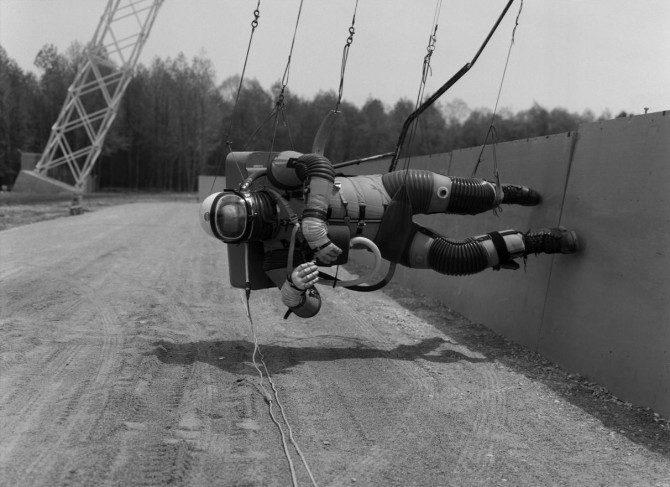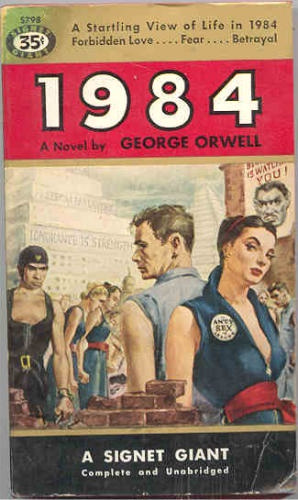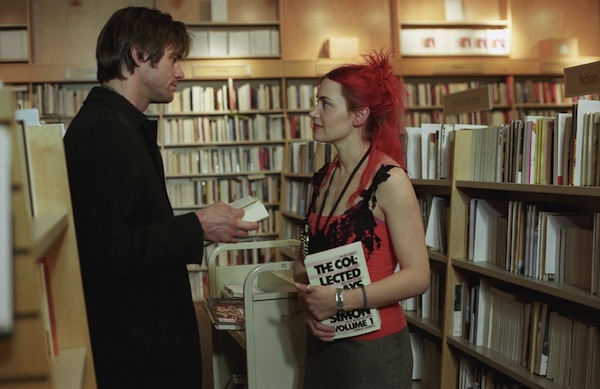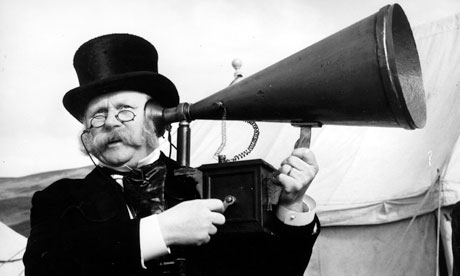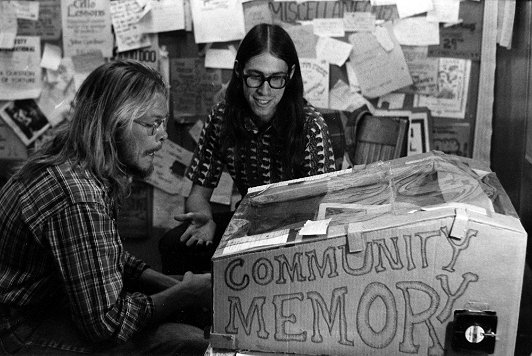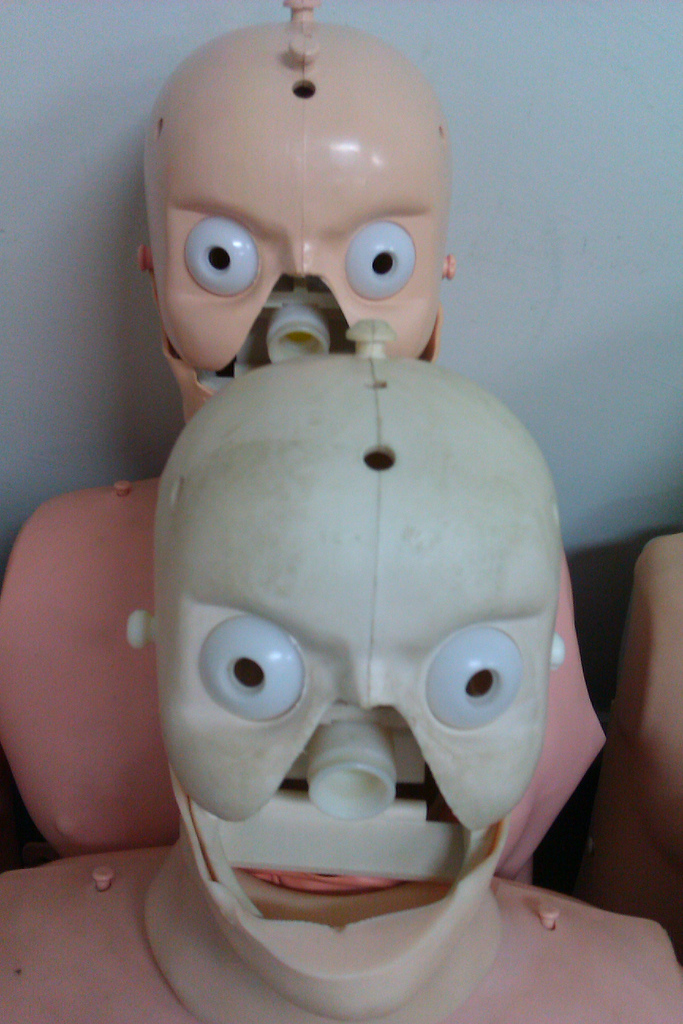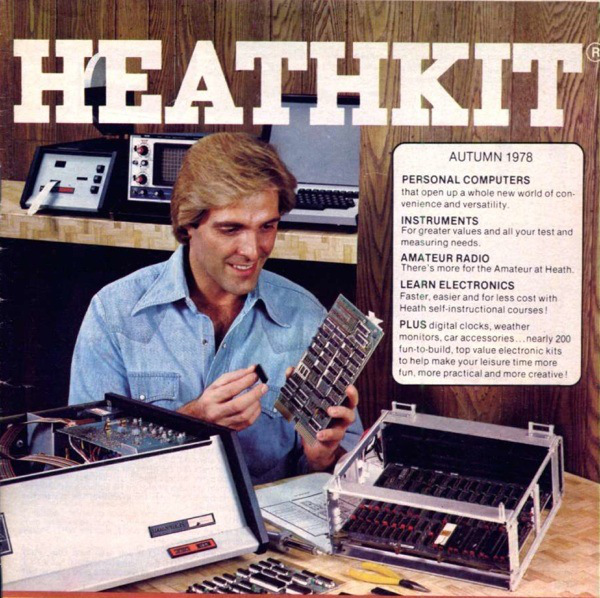Wilhelm Reich, part-time cloudbuster and the likely inspiration for Woody Allen’s Orgasmatron, is the rich subject of a historical piece at Vice by Jason Louv. The opening:
“It was the greatest incidence of scientific persecution in American history.
In July of 1947, Dr. Wilhelm Reich—a brilliant but controversial psychoanalyst who had once been Freud’s most promising student, who had enraged the Nazis and the Stalinists as well as the psychoanalytic, medical, and scientific communities, who had survived two World Wars and fled to New York—was dying in a prison cell in Lewisberg, Pennsylvania, accused by the government of being a medical fraud engaged in a ‘sex racket.’
That ‘racket’ would one day be called the ‘sexual revolution.’ But it was still 1947 in America—an America not even ready for psychoanalysis, still a nascent science that Harper’s and the New Republic had categorized, right alongside Reich’s theories, as being no better than astrology. (Reich, Harper’s had decided, was the leader of a ‘new cult of sex and anarchy.’)
If the American public wasn’t ready for Dr. Freud, then how much less prepared would they be for Dr. Reich—a man who, at his Orgonon institute near Rangely, Maine, was researching the energetic force of the orgasm itself?
Reich had taken Freud’s theories far. Too far, according to the FDA. Starting with Freud’s connection of sexual repression to neurosis, Reich had theorized that it was the physical inability to surrender to orgasm that underlay neurosis, and eventually turned people to fascism and authoritarianism. Reich migrated from Freud’s simple talking cure to what he called character analysis, a therapy designed to help his patients overcome the physical and respiratory blocks that prevented them from experiencing pleasure. Finally—and most dangerously—he claimed that the orgasm was an expression of orgone, the joy-filled force of life itself. With phone-booth-size devices called ‘orgone accumulators’ he could harness this force to cure neurosis, disease, and even affect the weather and help crops grow.”




